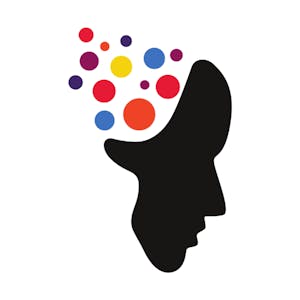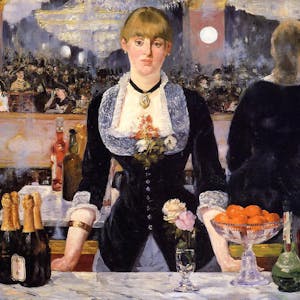Psychedelic Science and Medicine
About this Course
Explore the science and therapeutic potential of psychedelics in this course led by experts from the Johns Hopkins Center for Psychedelic and Consciousness Research. You\'ll learn about the history of psychedelic use, the neuroscience underlying their effects, and the latest clinical trials evaluating their therapeutic potential. Gain insights into their risks and benefits, ethical considerations like informed consent, and ongoing challenges in the field. This course equips learners to critically assess scientific findings, moving beyond hype to understand the evidence. Whether you\'re interested in the neurobiological mechanisms of psychedelics, their role in mental health treatment, or broader societal impacts, this course provides a comprehensive and evidence-based foundation. Perfect for students, professionals, or anyone curious about this emerging area of science, the course offers a unique opportunity to engage with cutting-edge research and practical implications for medicine and beyond.Created by: Johns Hopkins University

Related Online Courses
This learning path offers a comprehensive introduction to generative AI. This specialization exploes the foundations of large language models (LLMs), their diverse applications, and the ethical... more
Biostatistics is the application of statistical reasoning to the life sciences, and it\'s the key to unlocking the data gathered by researchers and the evidence presented in the scientific public... more
Unlock the transformative potential of AI in education with the \"Prompt Engineering for Educators\" specialization, tailored specifically for the teaching profession. This program will guide... more
Join Partner Solutions Architect, Mike Deck for a discussion of how to approach building applications for the AWS Serverless platform. This course focuses specifically on the tools and practices... more
This course examines how the idea of \"the modern\" develops at the end of the 18th century in European philosophy and literature, and how being modern (or progressive, or hip) became one of the... more








